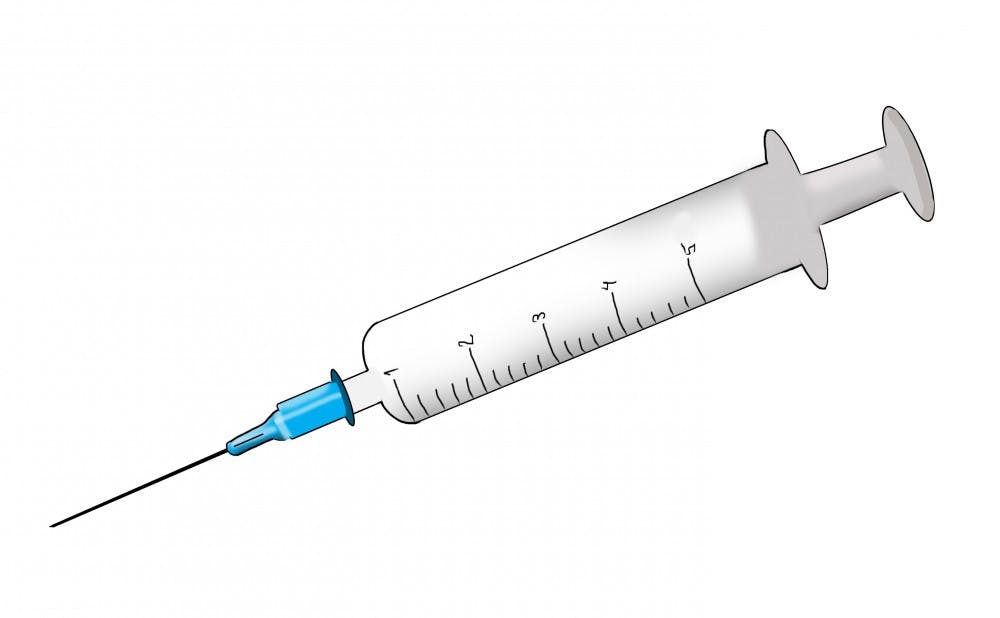While many members of the Duke community are beginning to receive their COVID-19 vaccinations, the distribution timelines of Duke’s peer institutions are widely varied.
Although all universities must adhere to their respective states’ COVID-19 vaccination protocols, some are confronting untoward barriers to accessibility, while others are far ahead of the national curve.
On one end of the spectrum, schools such as Yale University are anticipating that every member of the student body will have the opportunity to be vaccinated by the end of the spring semester. On the other end, Cornell University is struggling to provide access to its student workers, The Cornell Daily Sun reported.
Since March 2, all essential workers on Duke’s campus have been eligible to receive the COVID-19 vaccine within state guidelines. During the weeks of March 1st and March 8, Duke offered approximately 600 vaccines to faculty and staff, including bus drivers, housekeepers, dining workers and faculty teaching in-person classes, according to a March 5 email to The Chronicle from Vice President of Administration Kyle Cavanaugh.
While North Carolina’s eligibility guidelines will not officially include college students residing in congregate living facilities until April 7, some students have already obtained their first dose outside of the University.
“No one should solely rely on the University to obtain a vaccine. Everyone should explore every option that is available. With the current allocation and having 600 options made available to the University, and thousands of people to address, it is going to take time,” Cavanaugh wrote.
Yale has been inoculating eligible community members with the Pfizer and Moderna vaccines since December, but each requires a second dose several weeks after the first. In Yale’s case, students given these vaccines now would end the spring semester without receiving their second dose.
The U.S. Food and Drug Administration approved Johnson & Johnson’s single-dose vaccine for emergency use on Feb. 27, creating another option. Yale is ready to offer a dose of the coronavirus vaccine to the school’s entire student body between the weeks of May 3 and May 19 if the federal government supplies enough doses, The Yale Daily News reported.
In Rhode Island, home to Brown University, vaccine eligibility has recently expanded to include two new groups: those between 60 and 64 years of age and those between 16 and 64 years of age with specific underlying health conditions.
Following Rhode Island Governor Daniel McKee’s March 12 announcement, Brown encouraged eligible community members to schedule appointments with outside providers. As noted on the Healthy Brown COVID-19 update website, “the University does not have a direct role in providing or distributing the vaccine at this time.”
At Cornell, student workers are scrambling to obtain their first dose of the vaccine. In the general state of New York, student workers have recently become eligible for the vaccine. However, there is a very limited number of accessible vaccination clinics within a 30-mile radius of the university.
The University of North Carolina at Chapel Hill is launching a vaccination clinic in their student union building. While nobody in the UNC community will be required to be vaccinated, the university is encouraging students and other community members to be vaccinated when they become eligible for their first dose.
Although the North Carolina Department of Health and Human Services recently approved UNC Campus Health as a vaccine distribution site, the institution has not yet received doses of the vaccine.
Get The Chronicle straight to your inbox
Signup for our weekly newsletter. Cancel at any time.
Halle Friedman is a Trinity senior and an associate news editor of The Chronicle's 119th volume.

